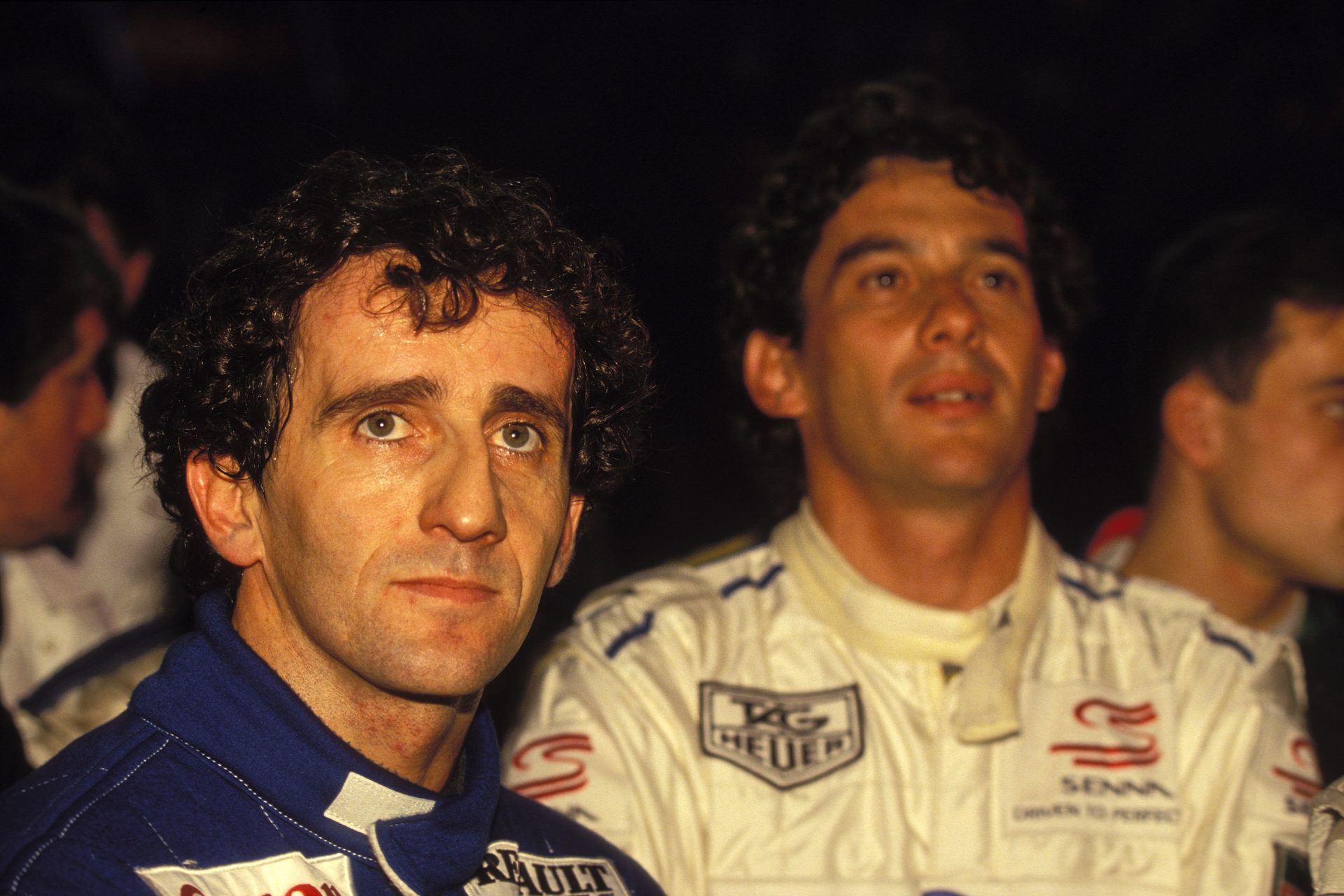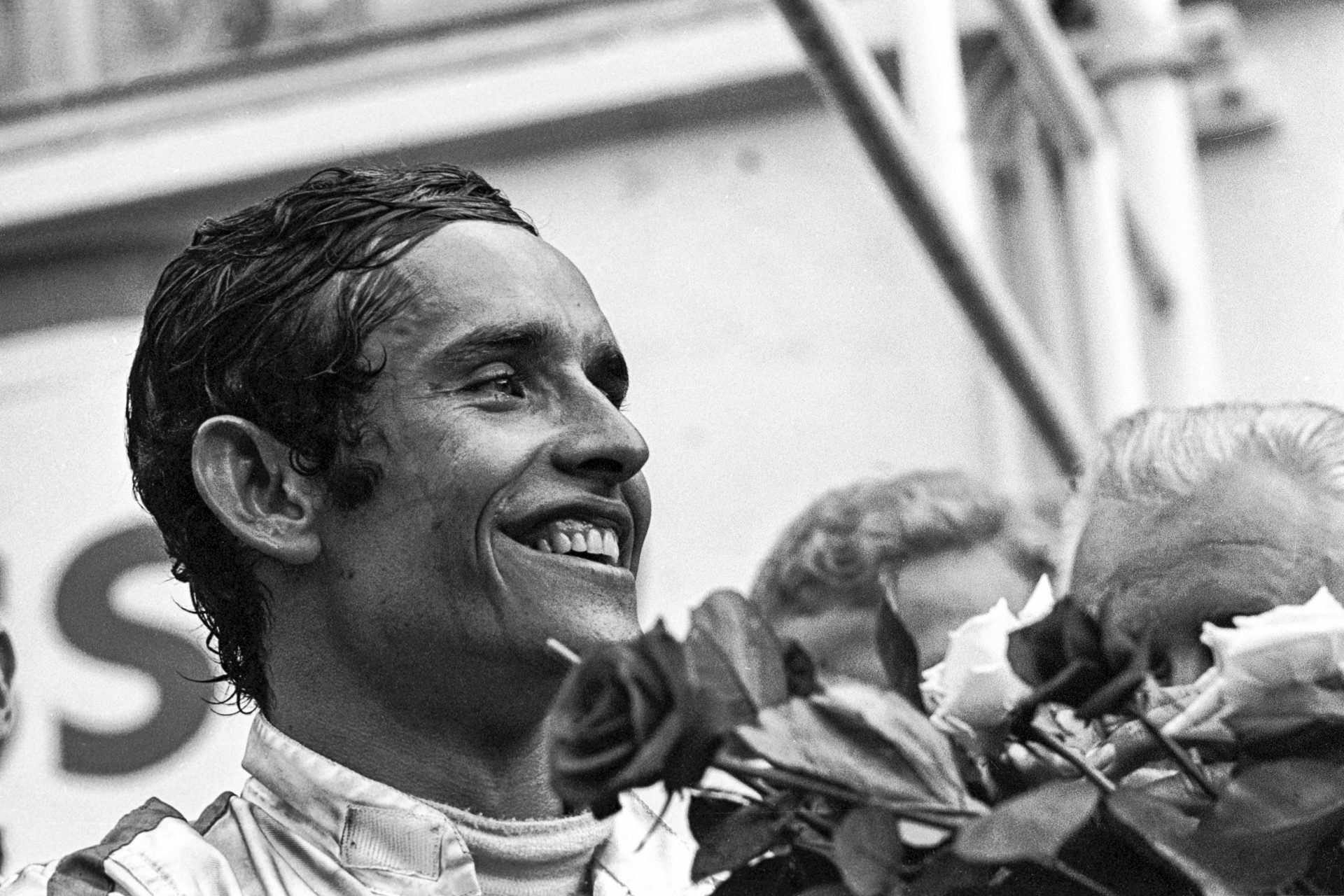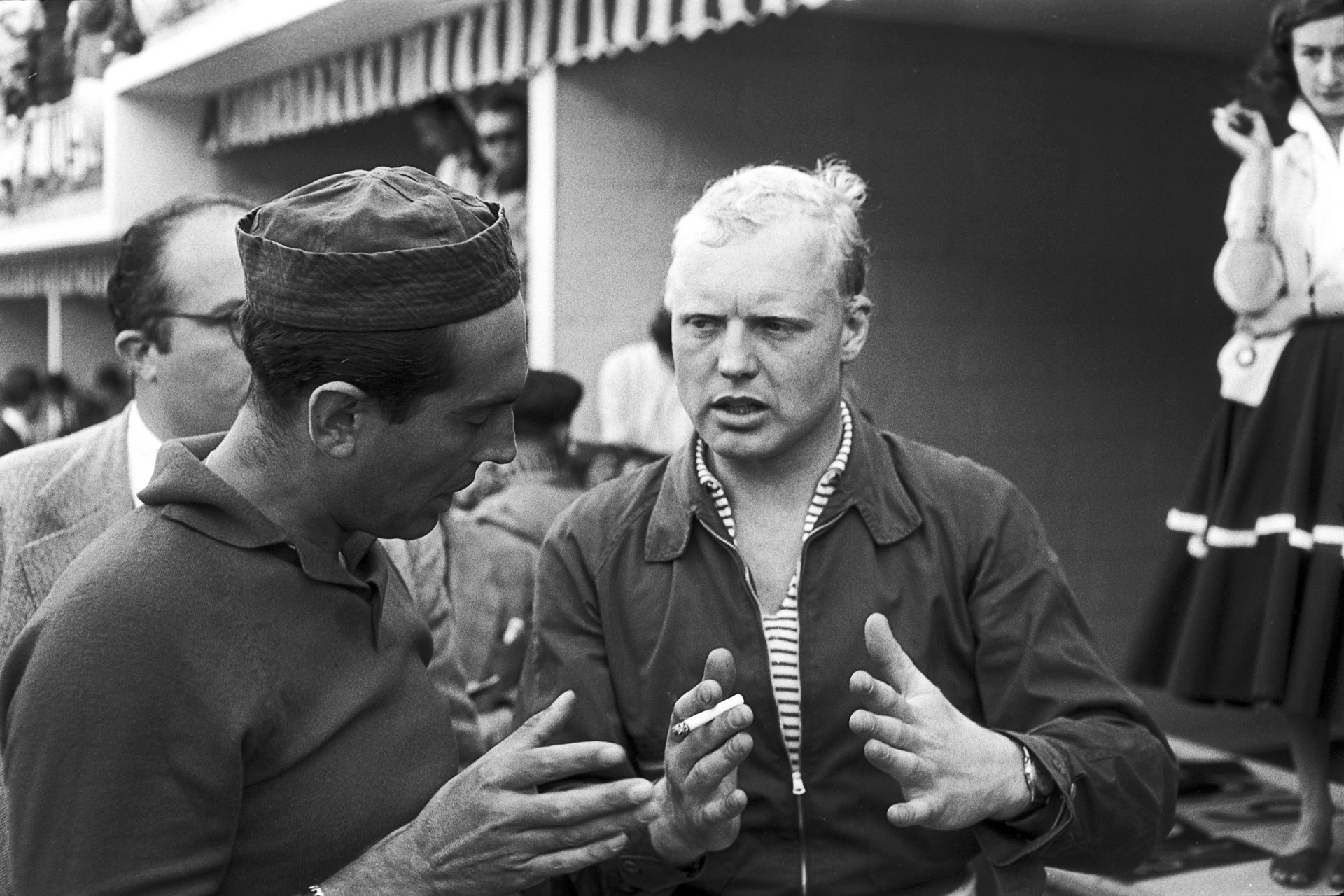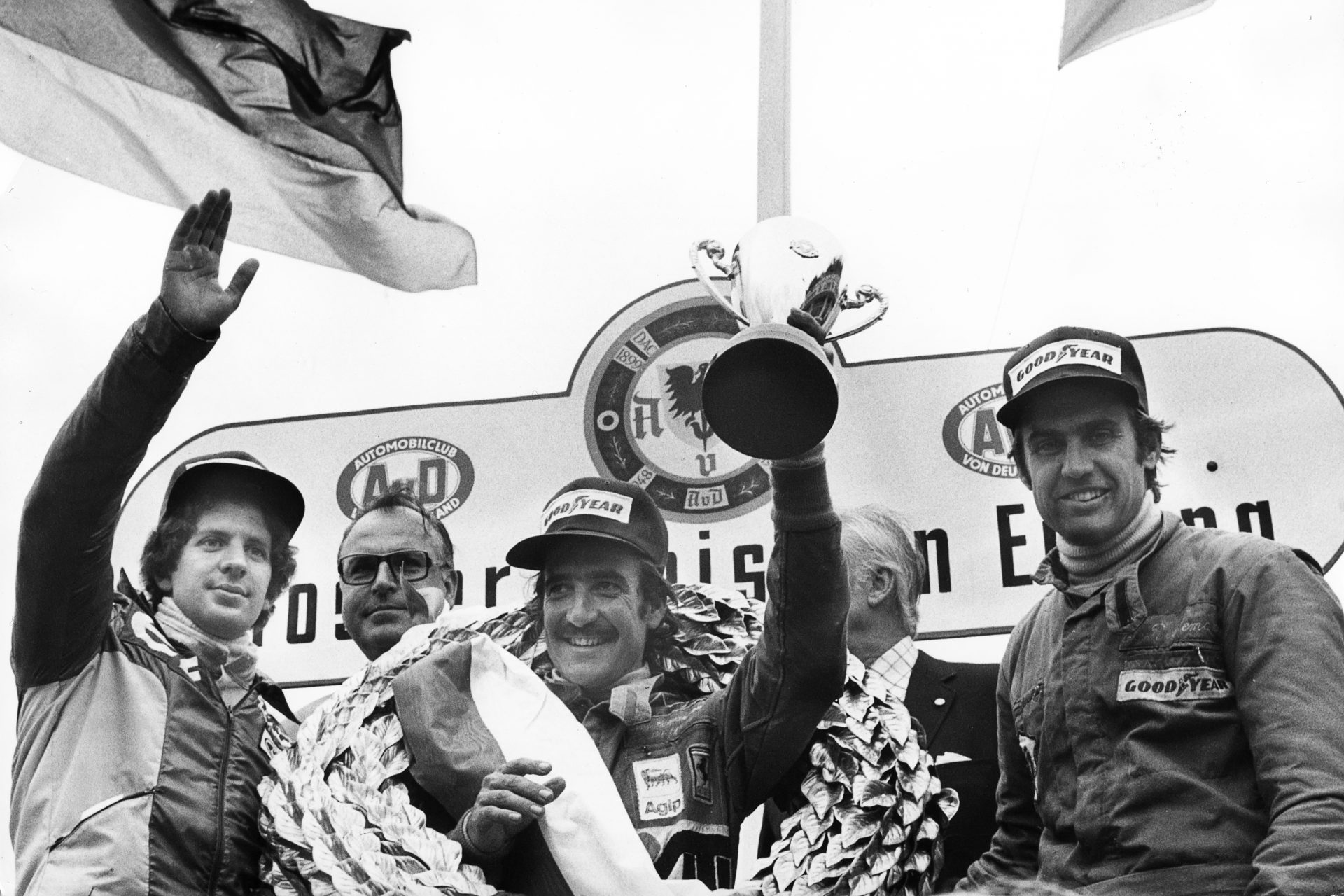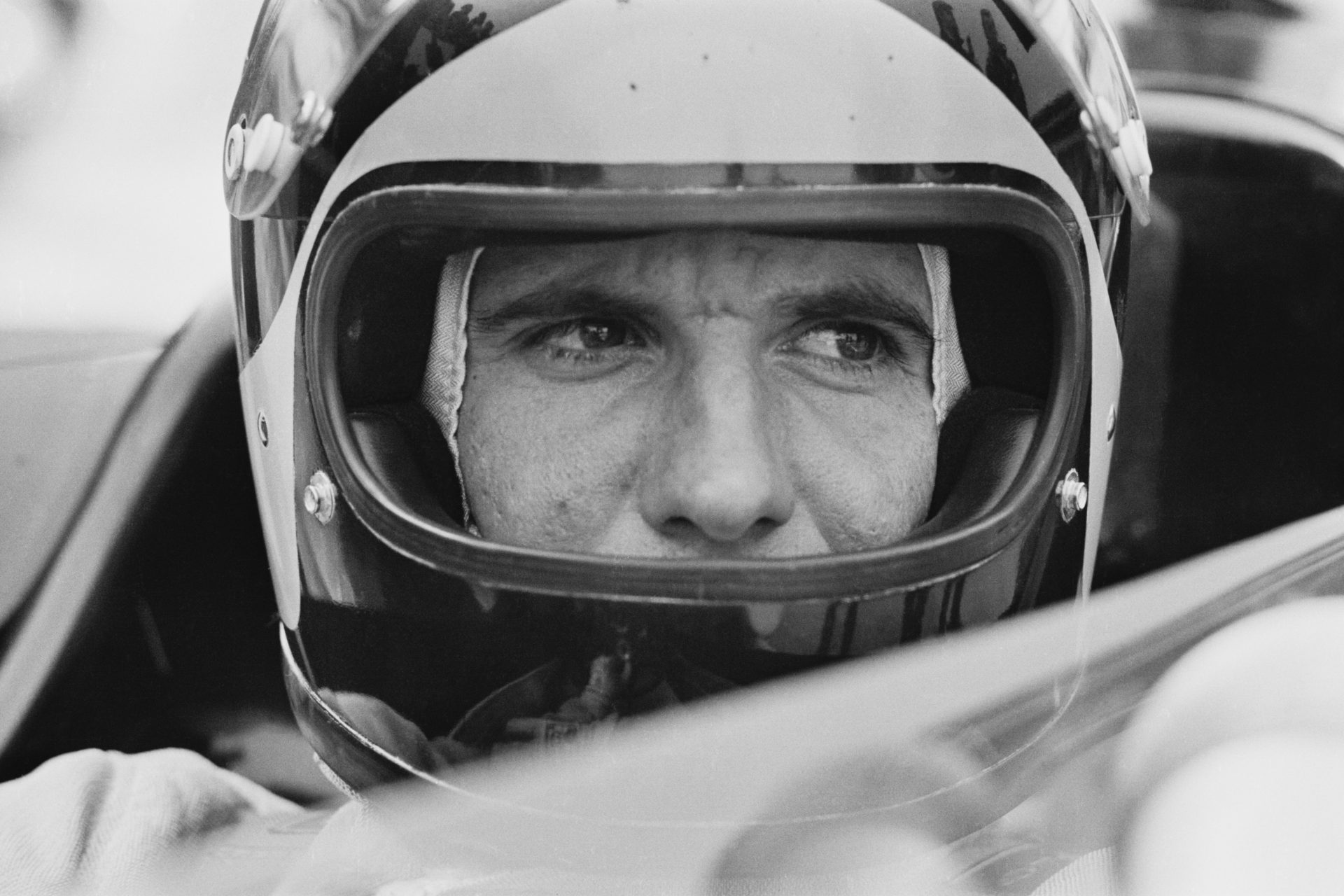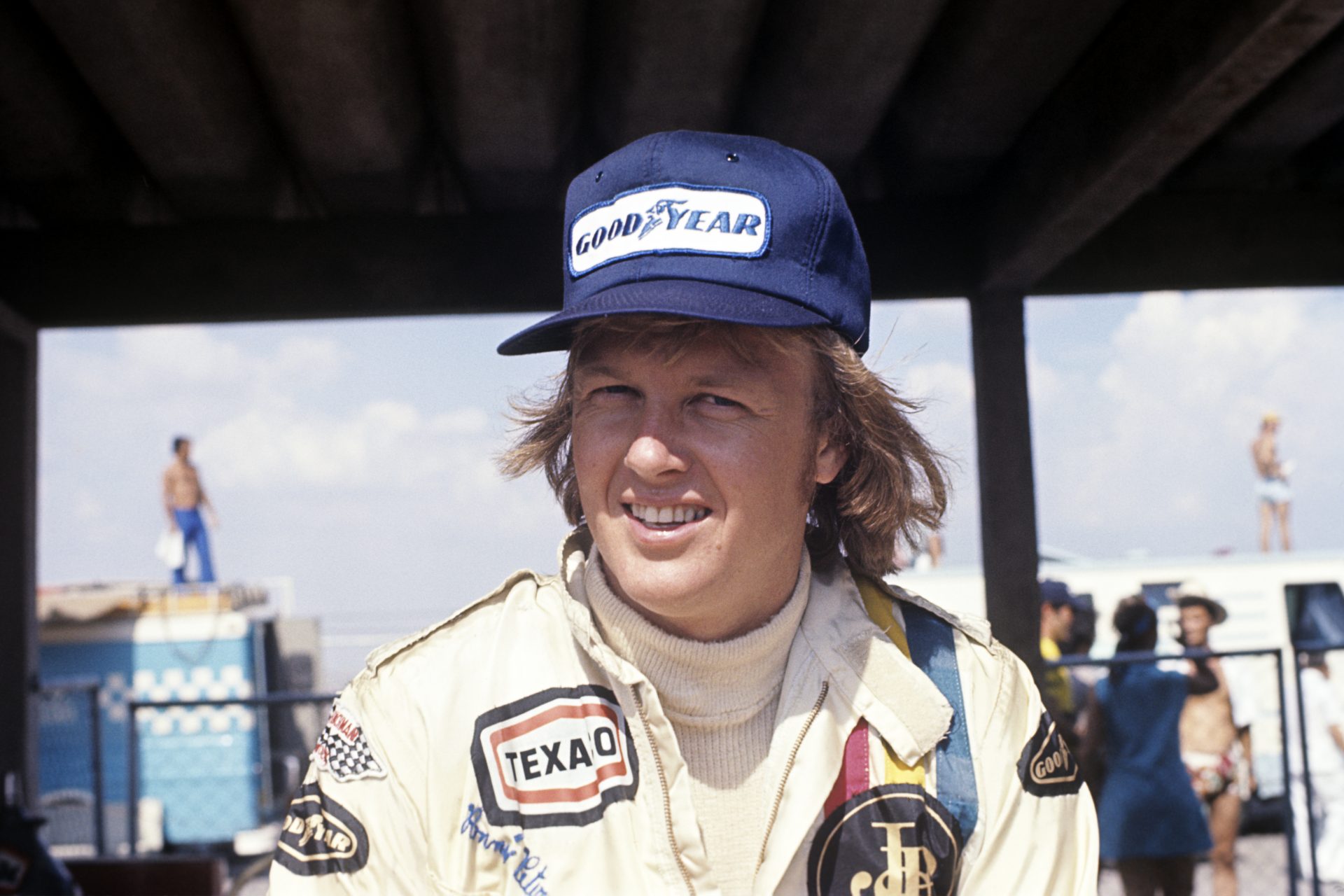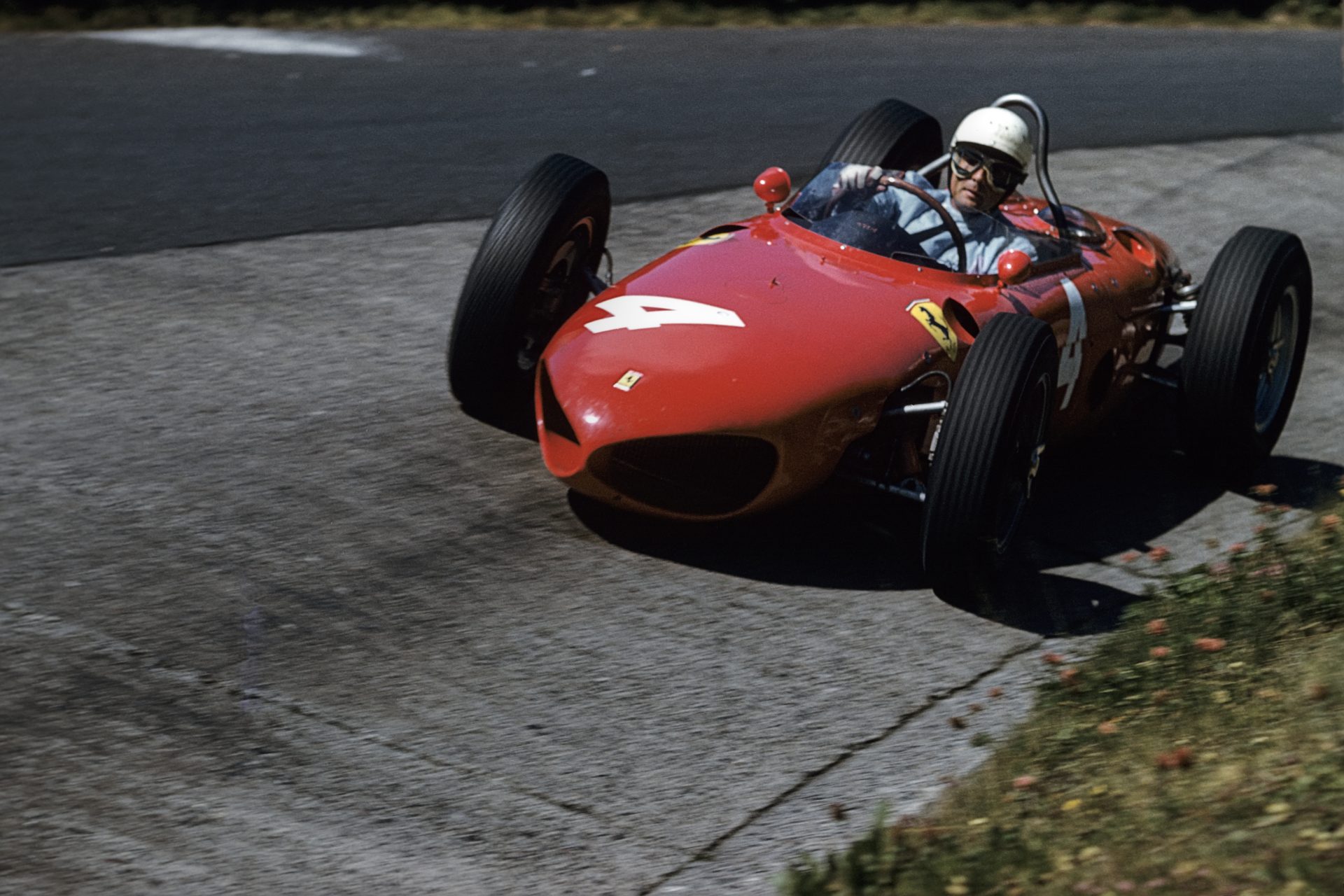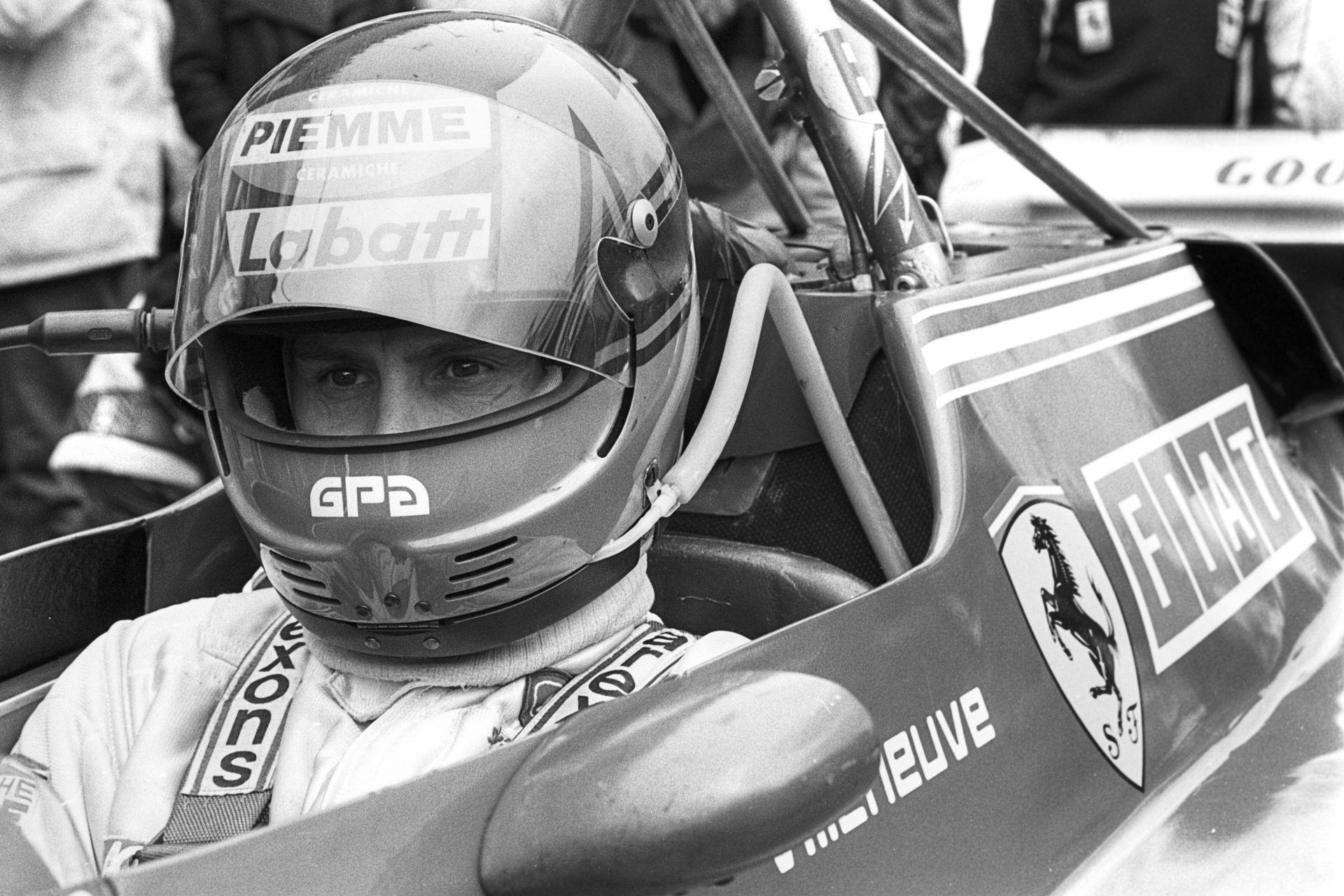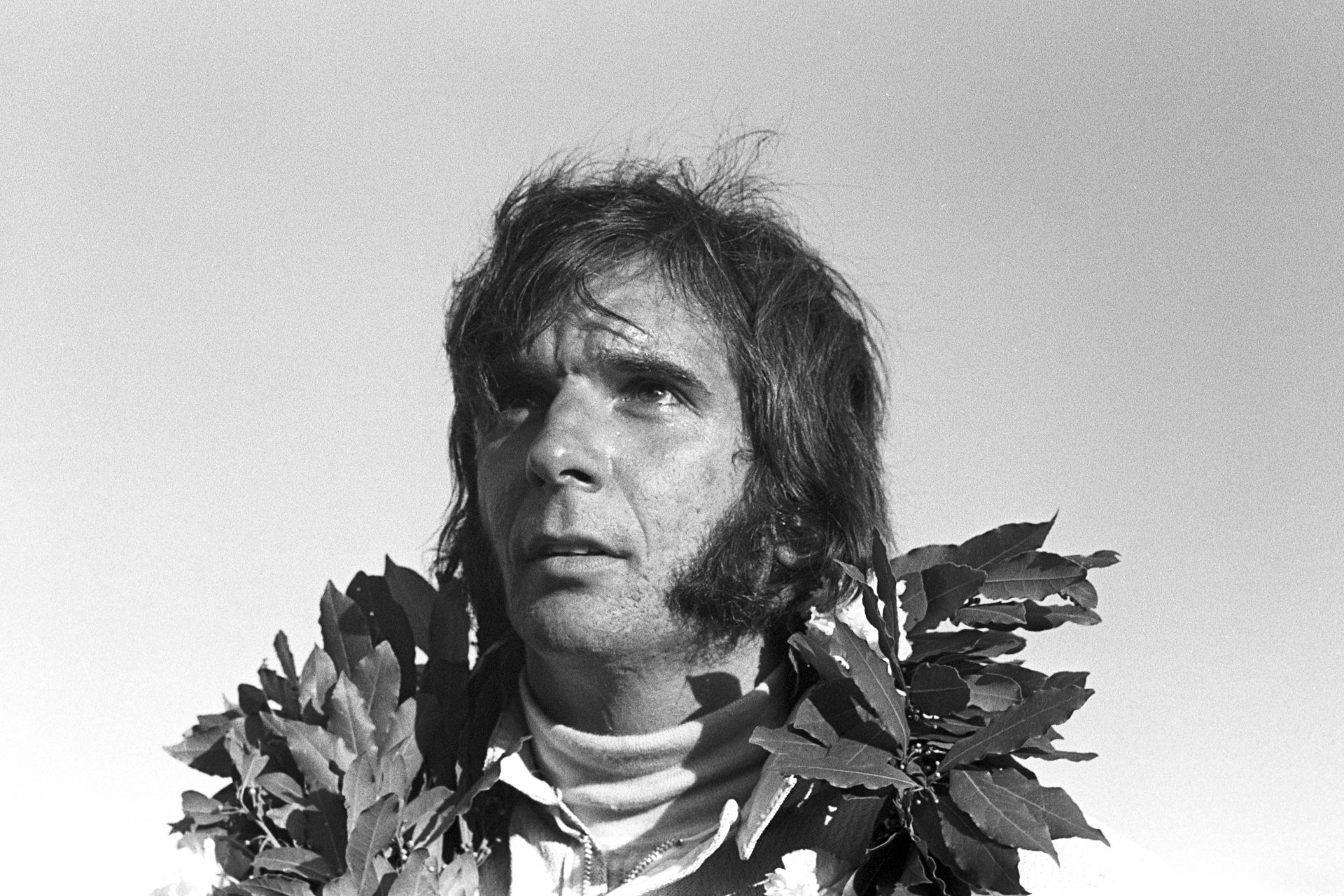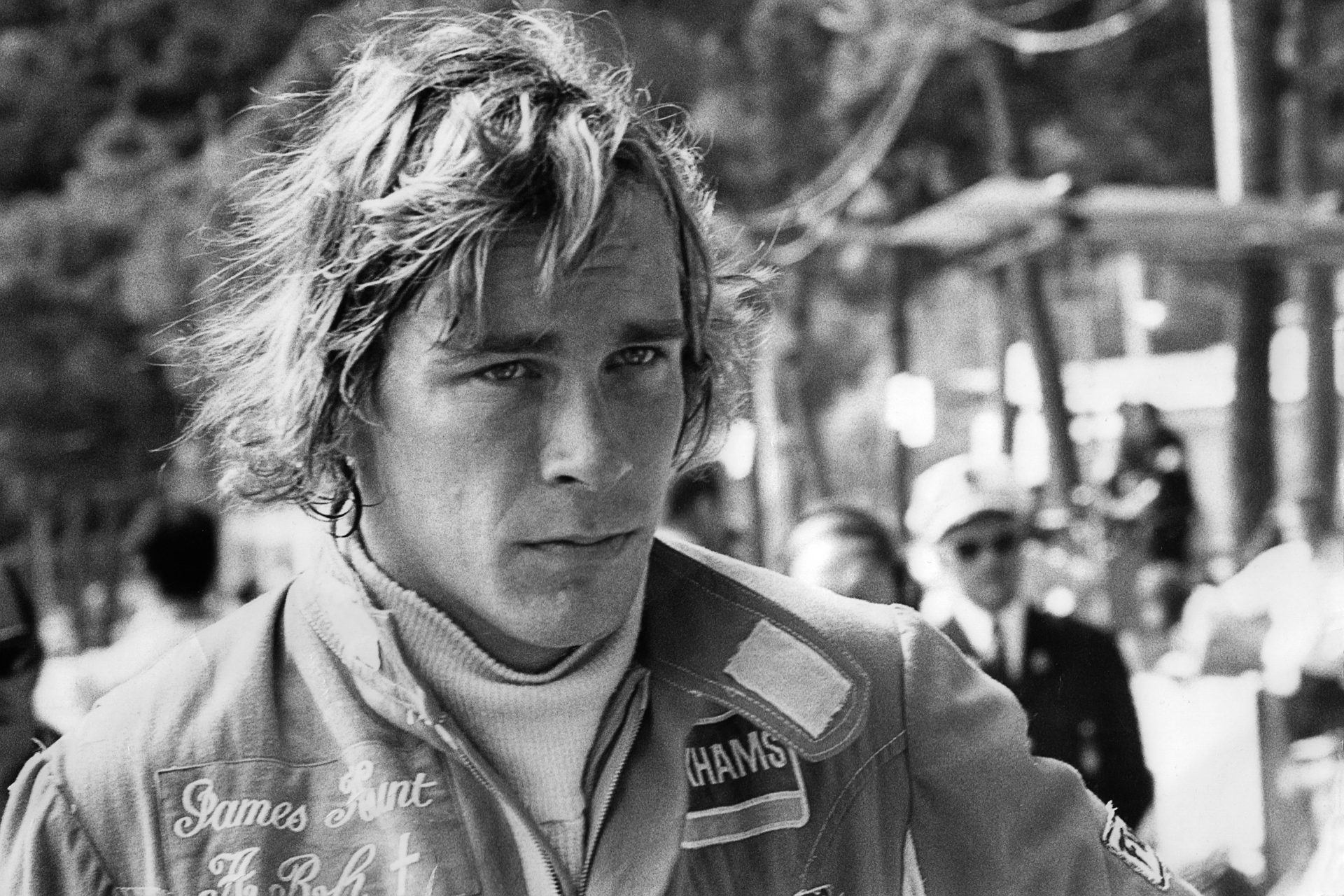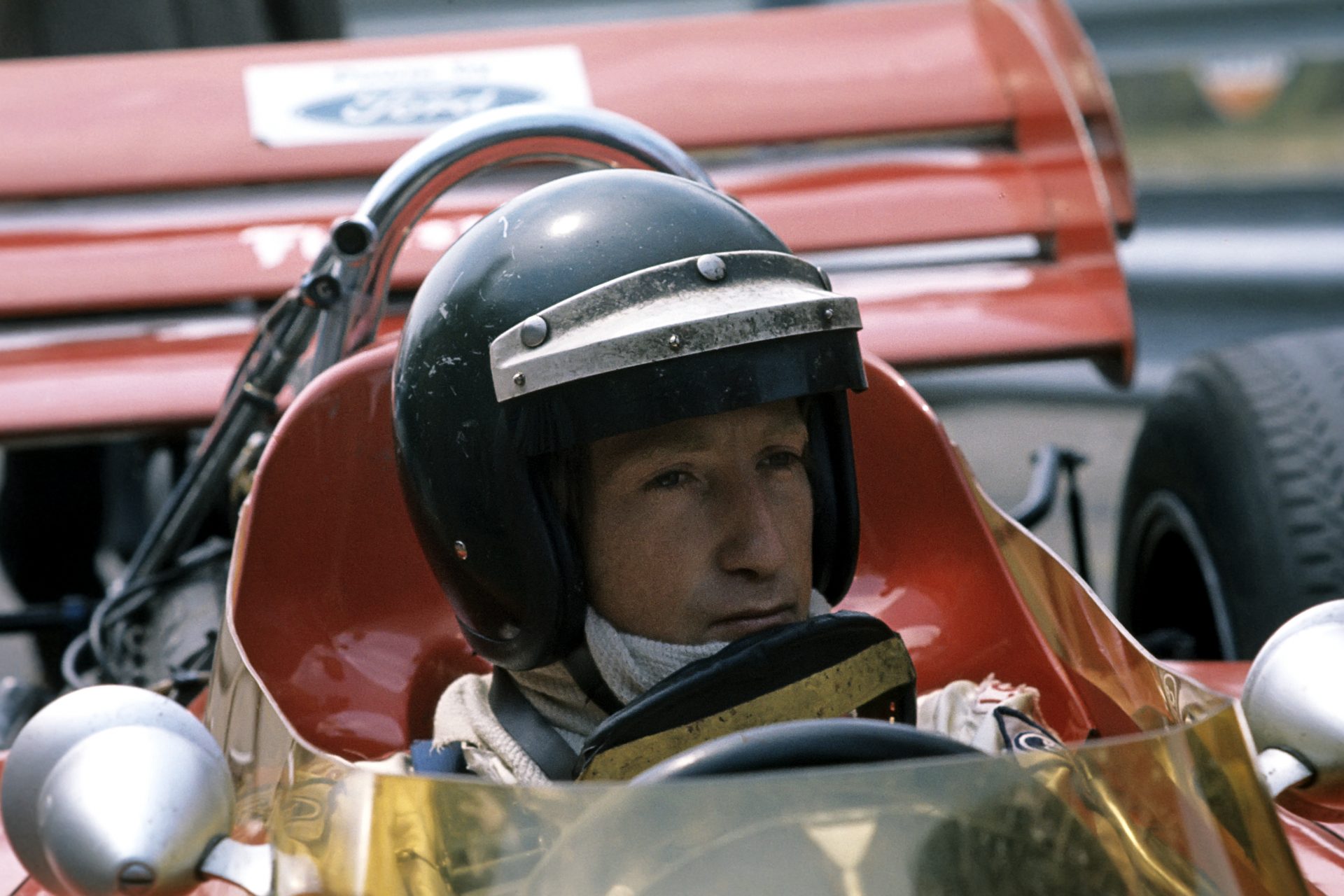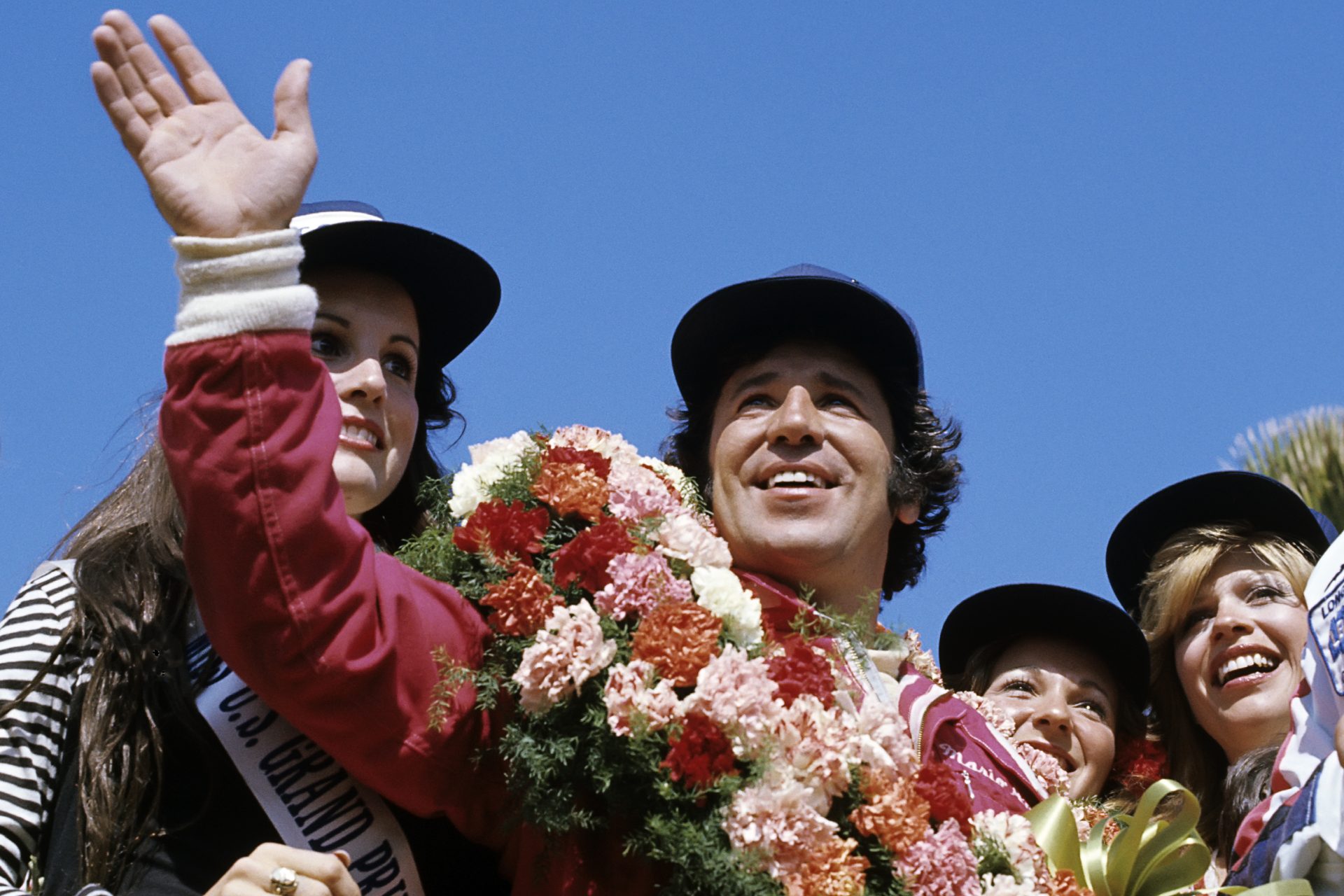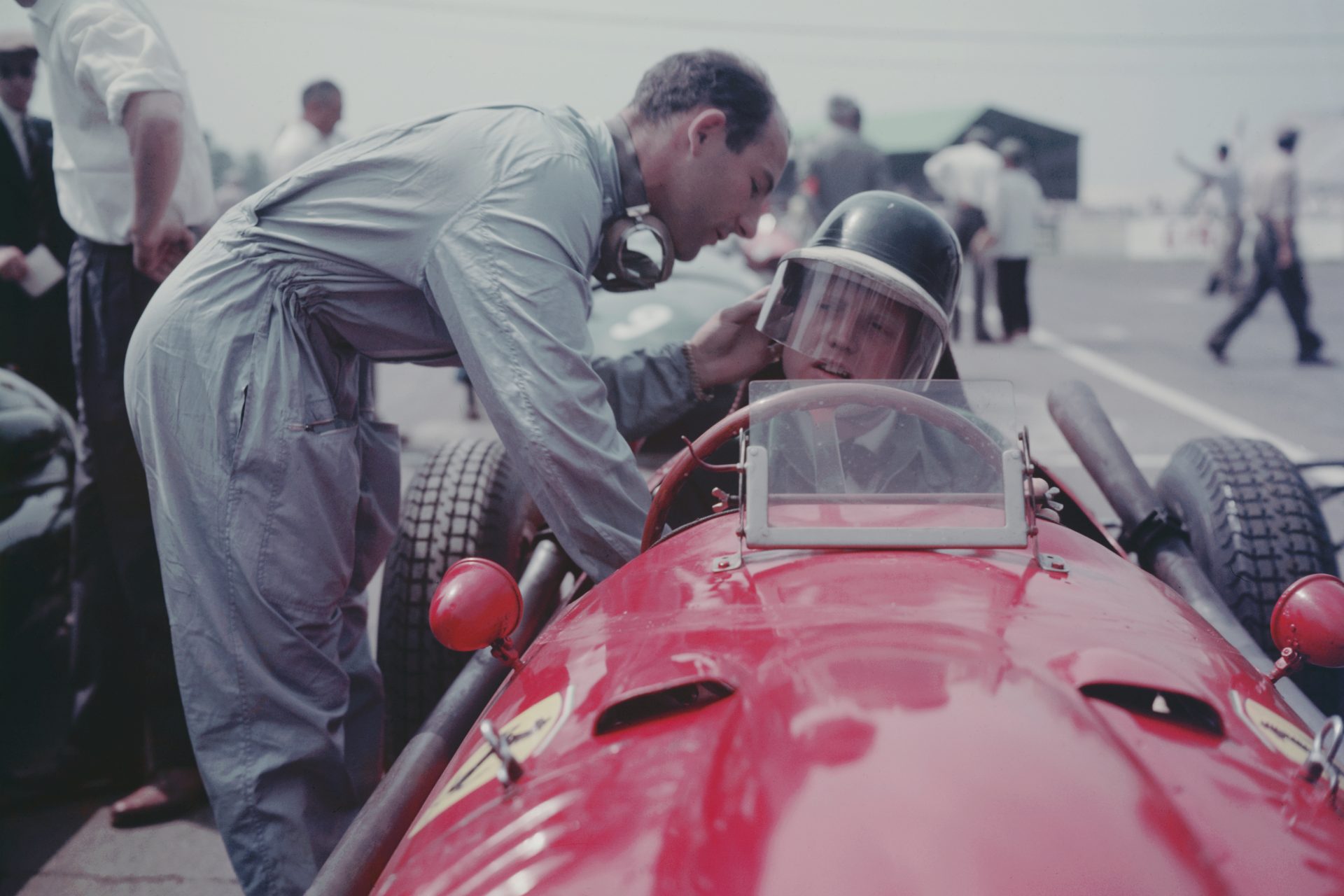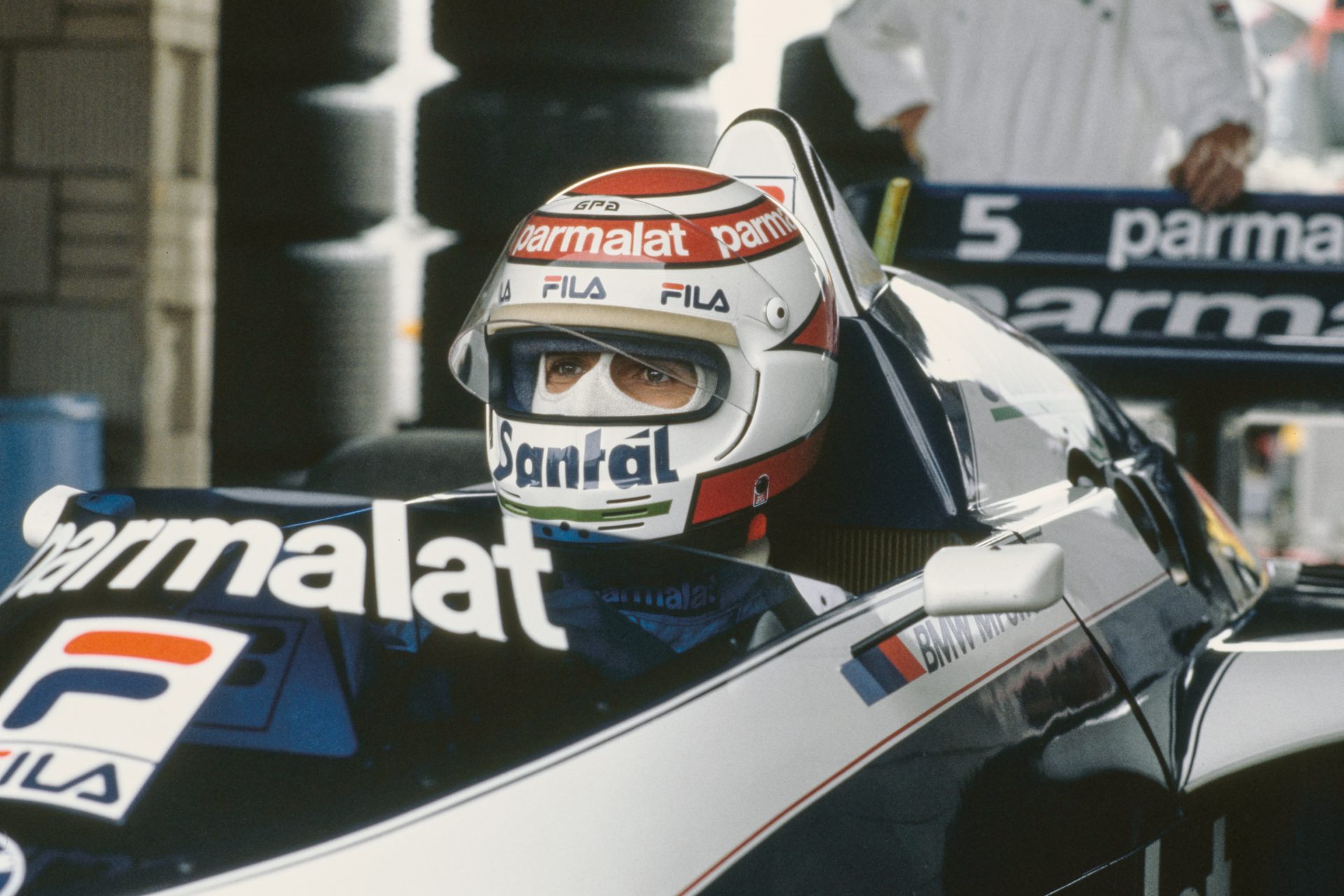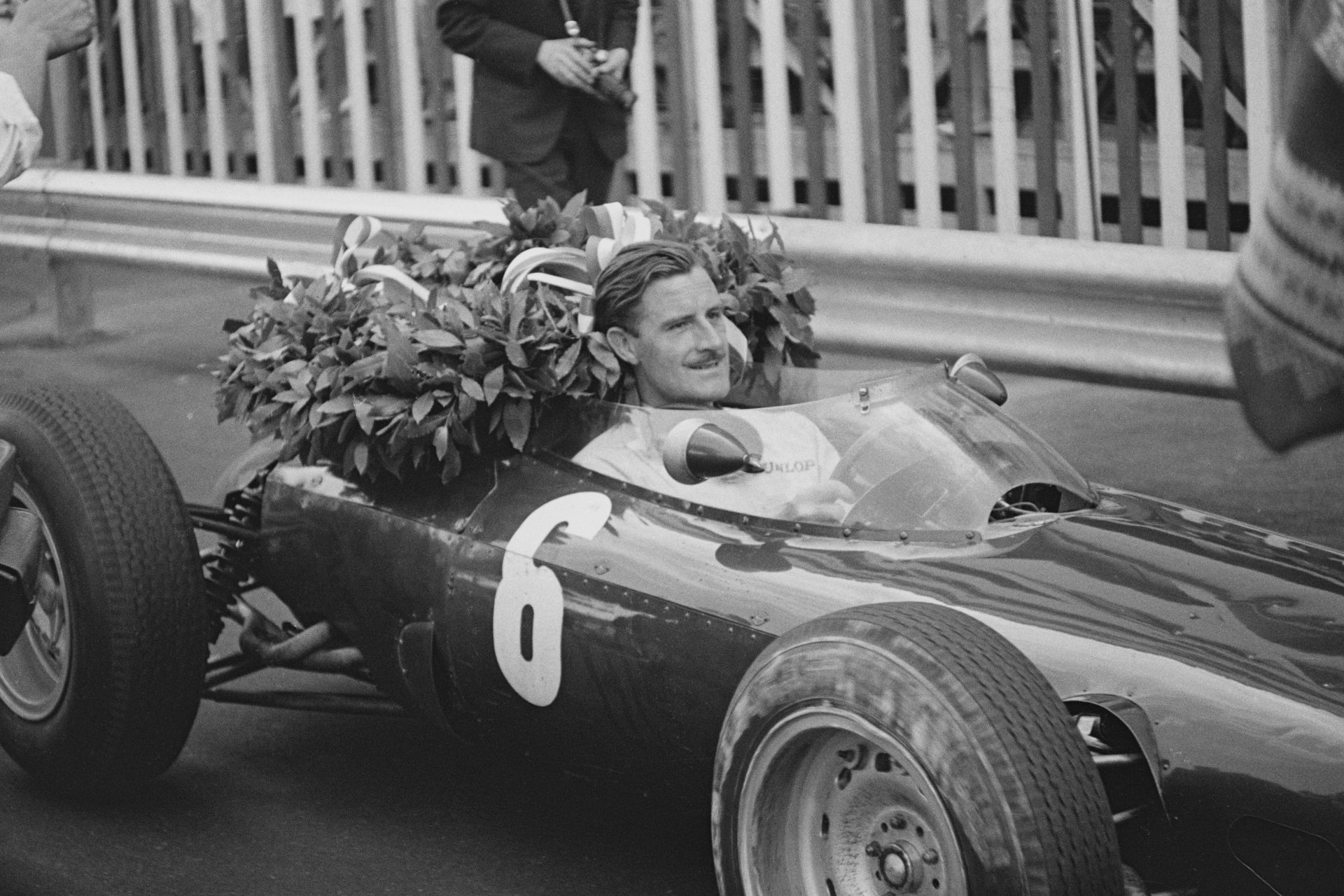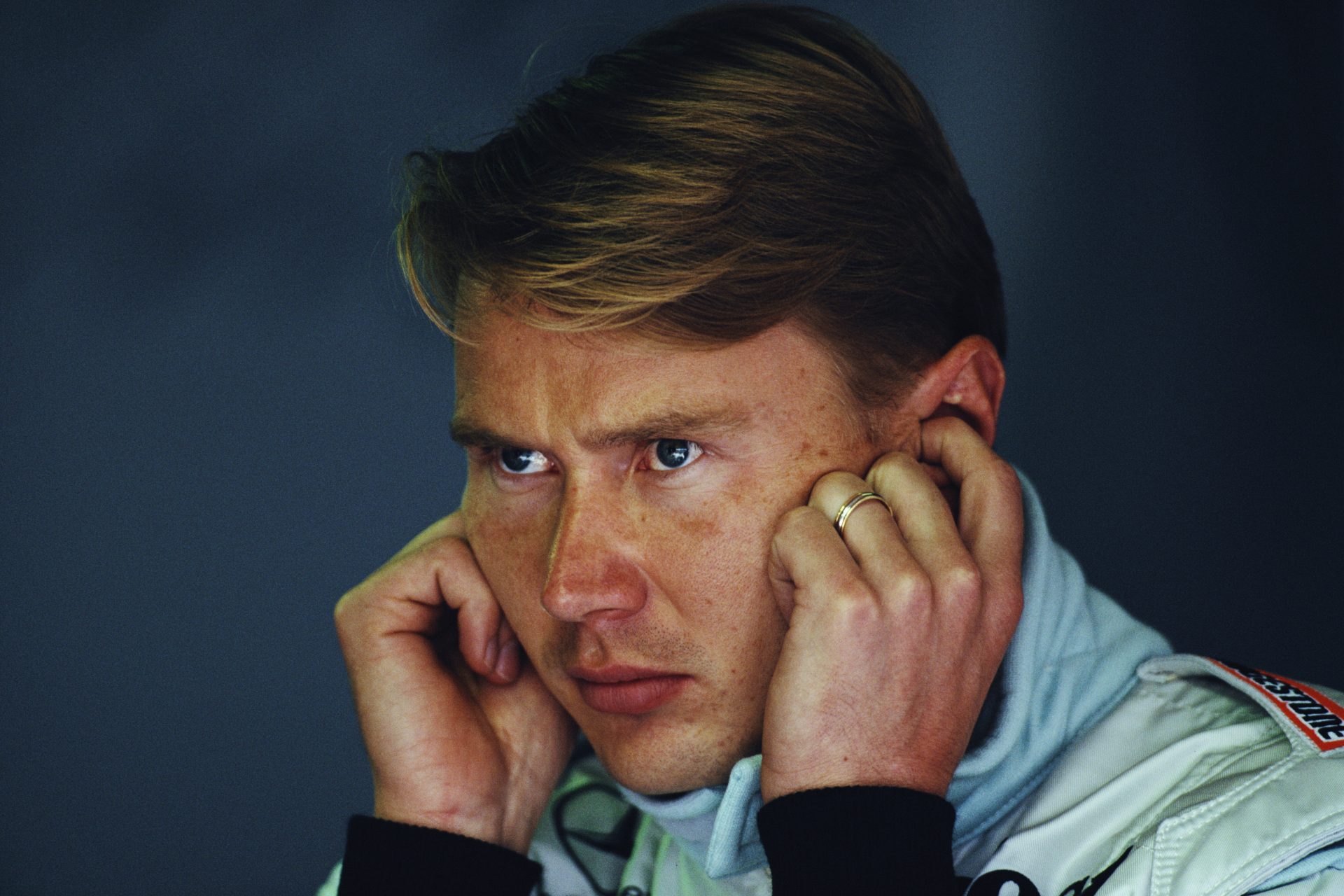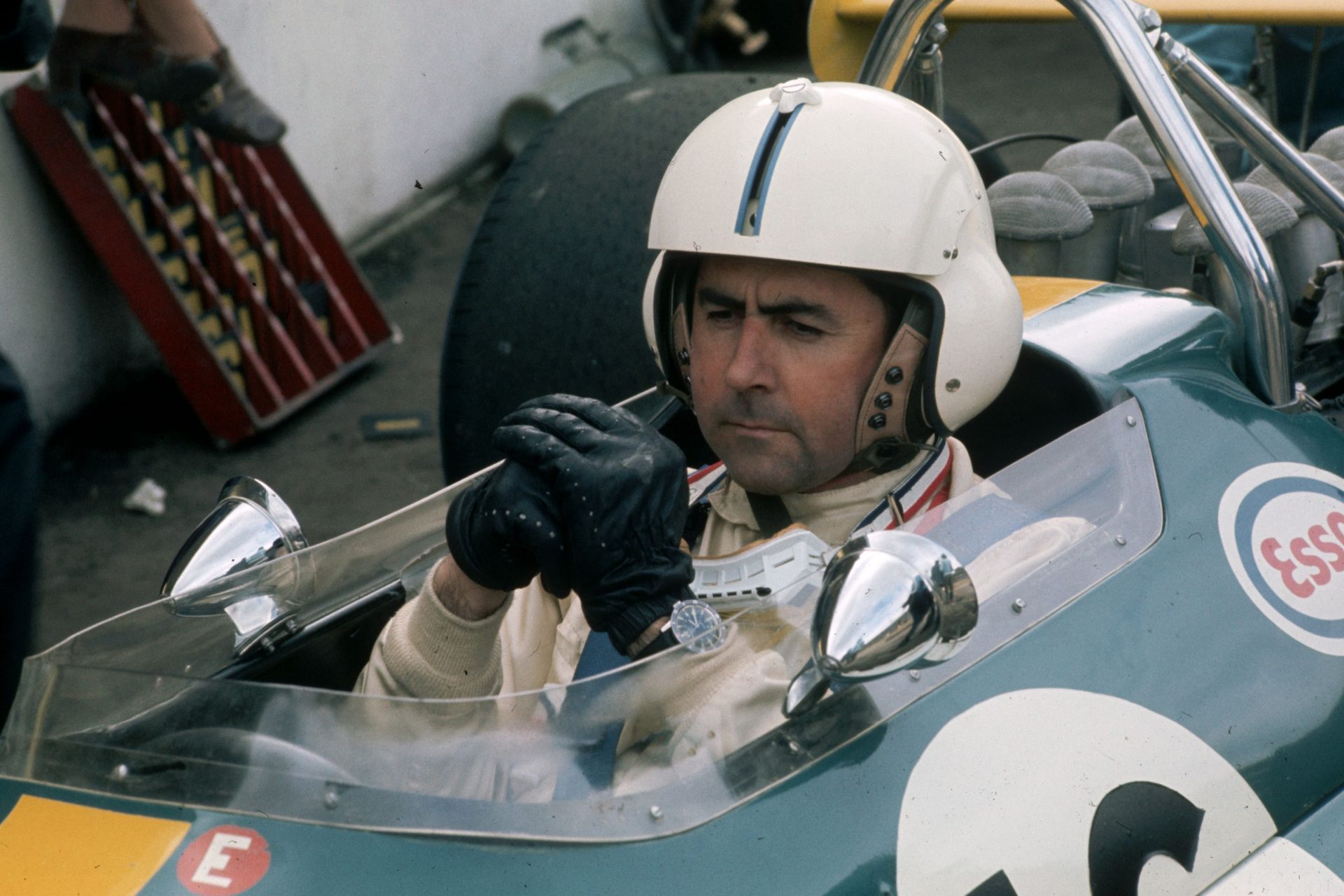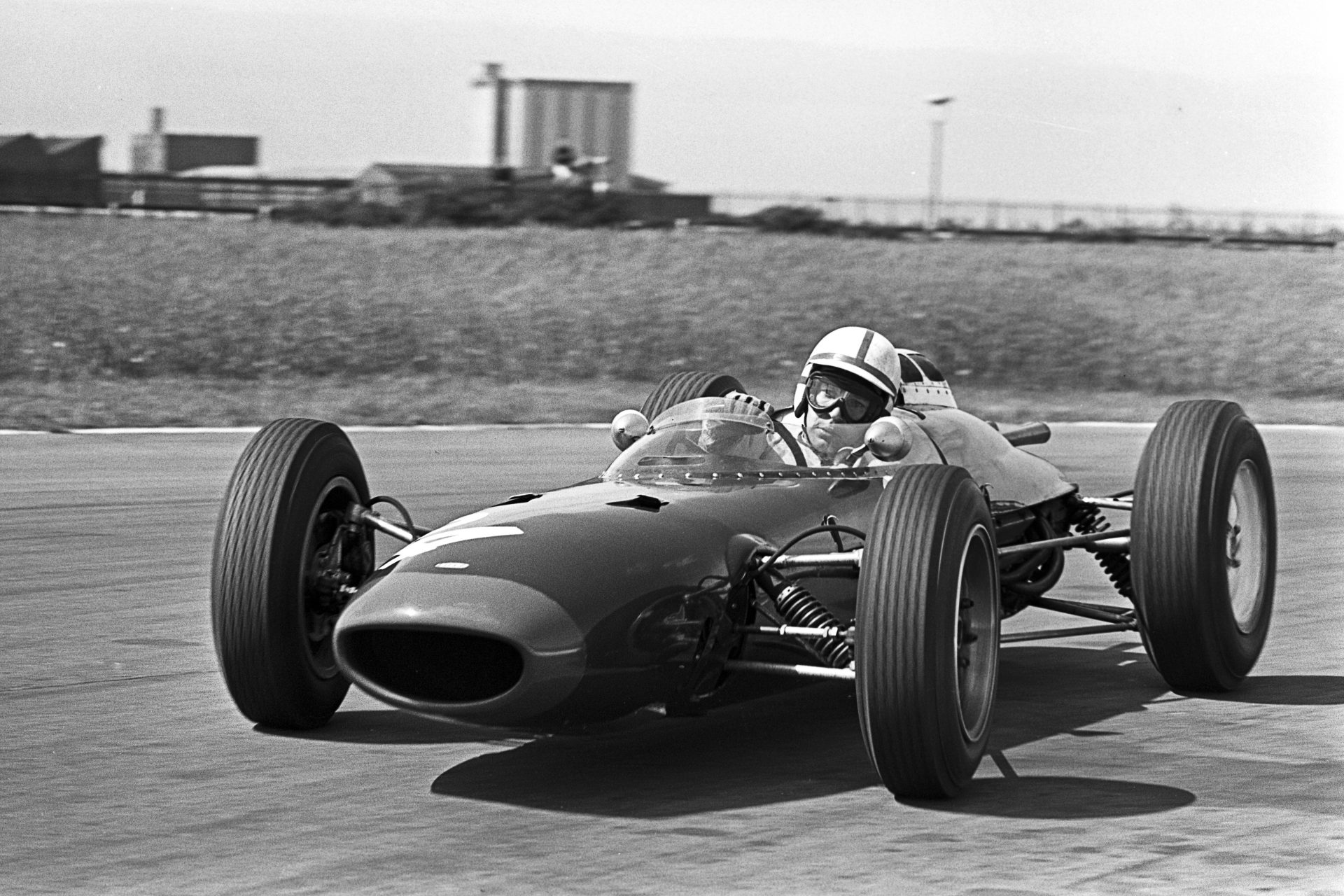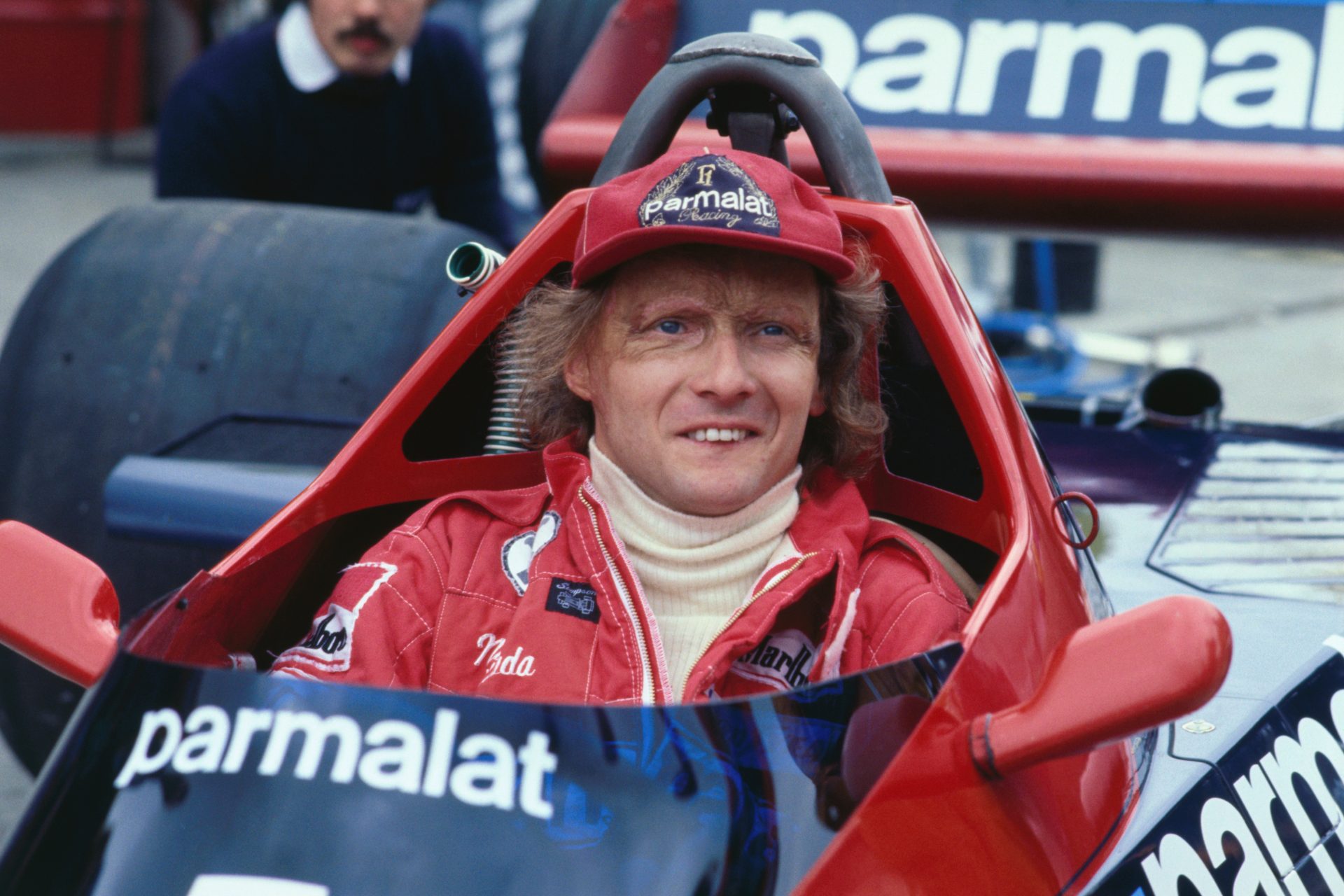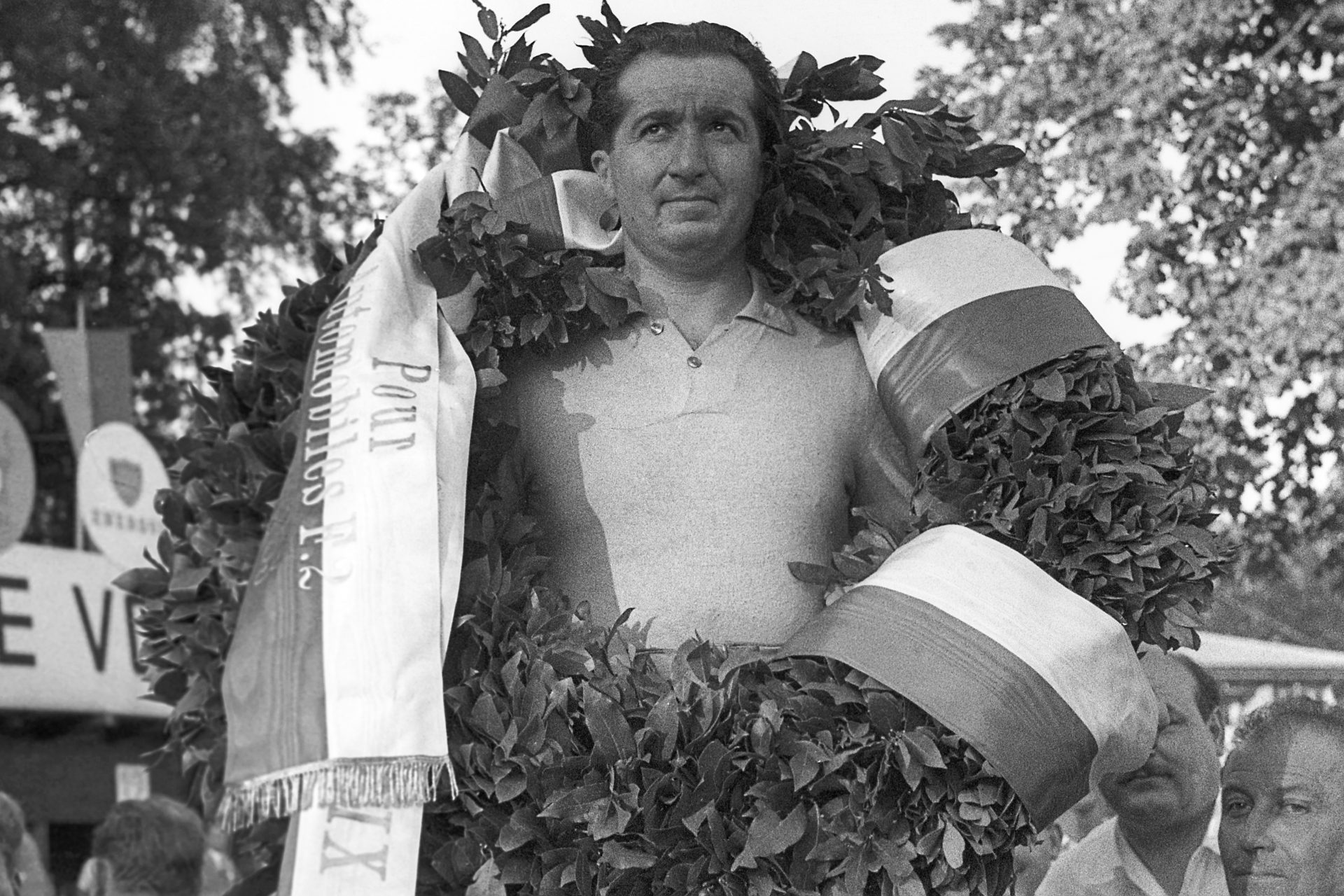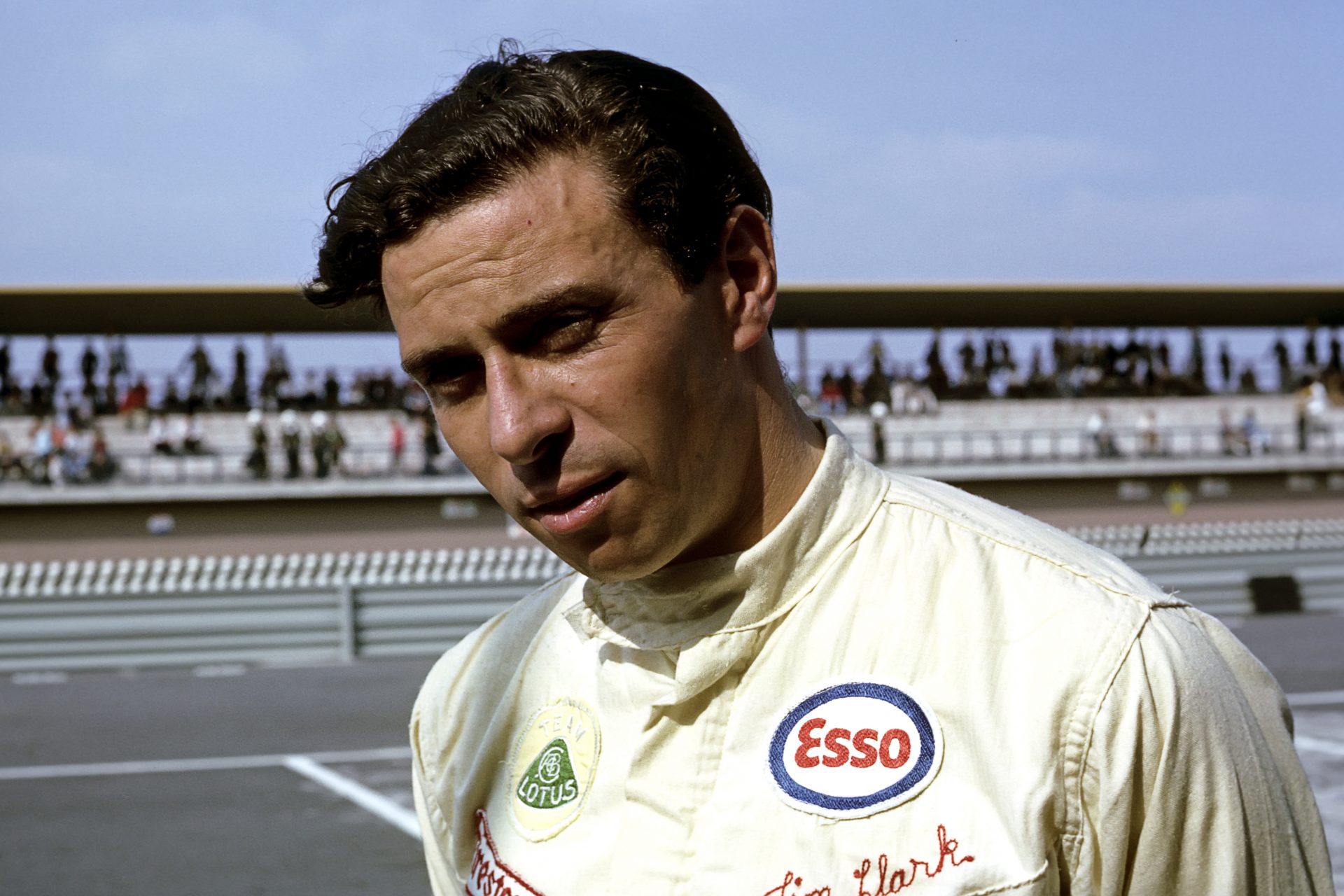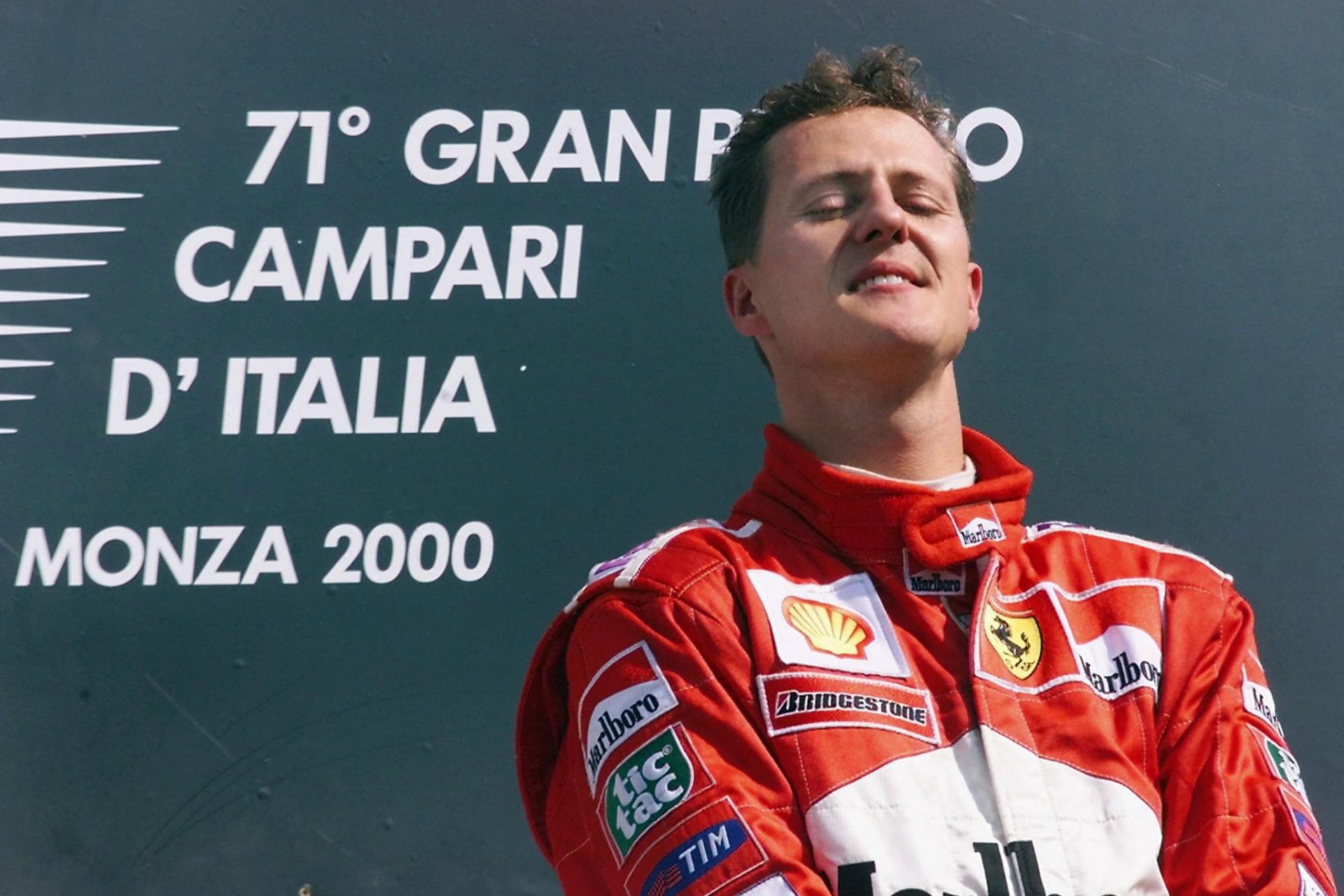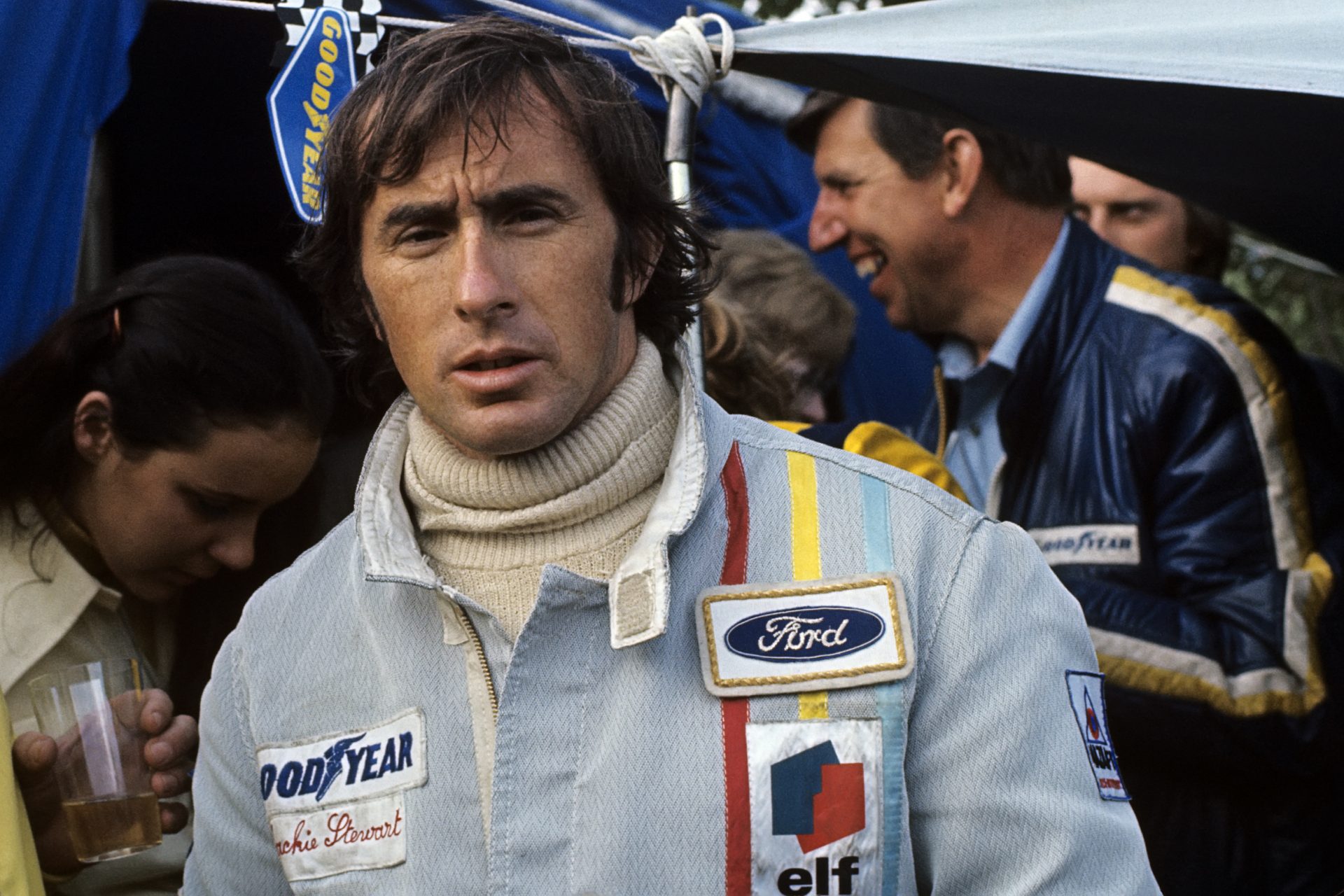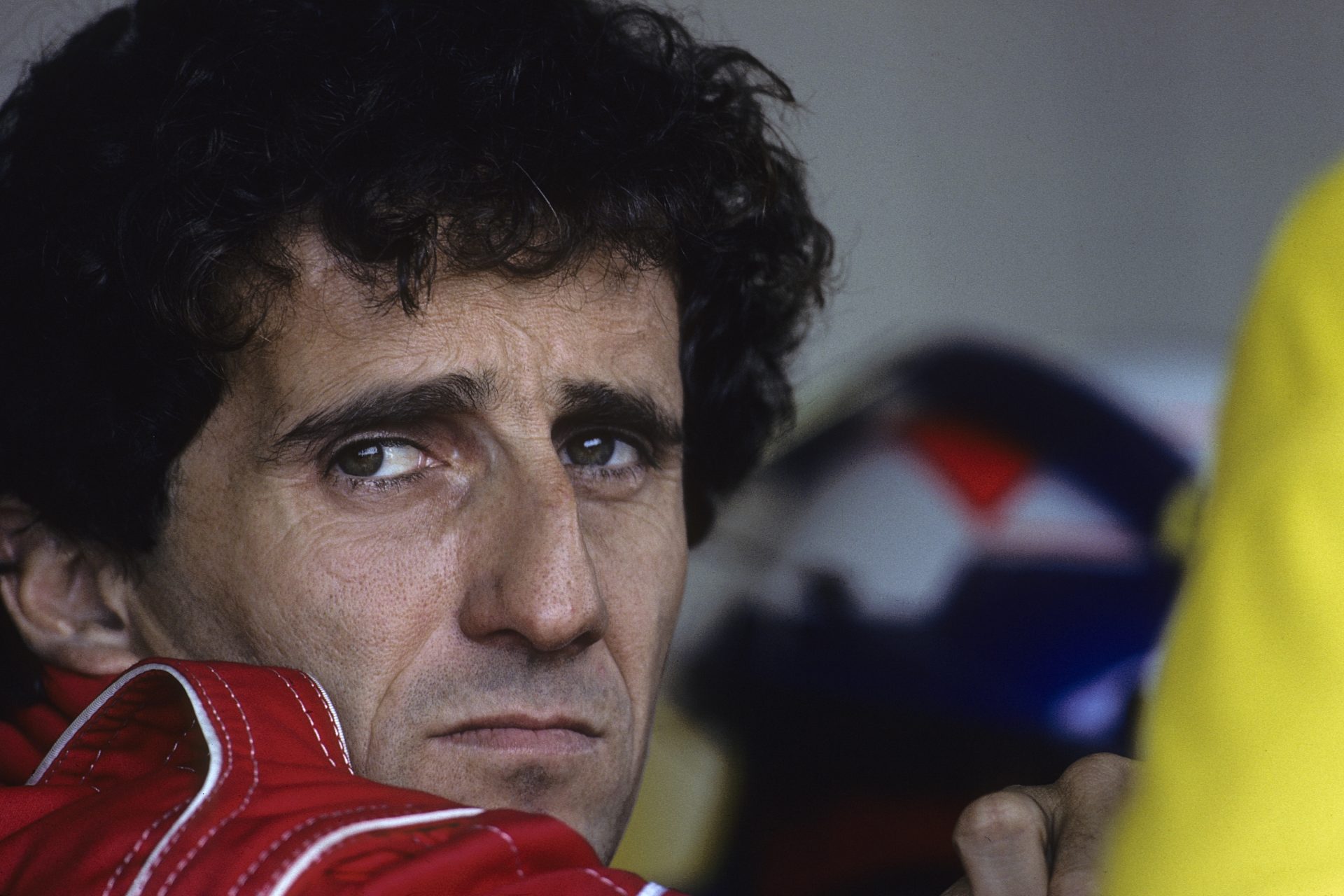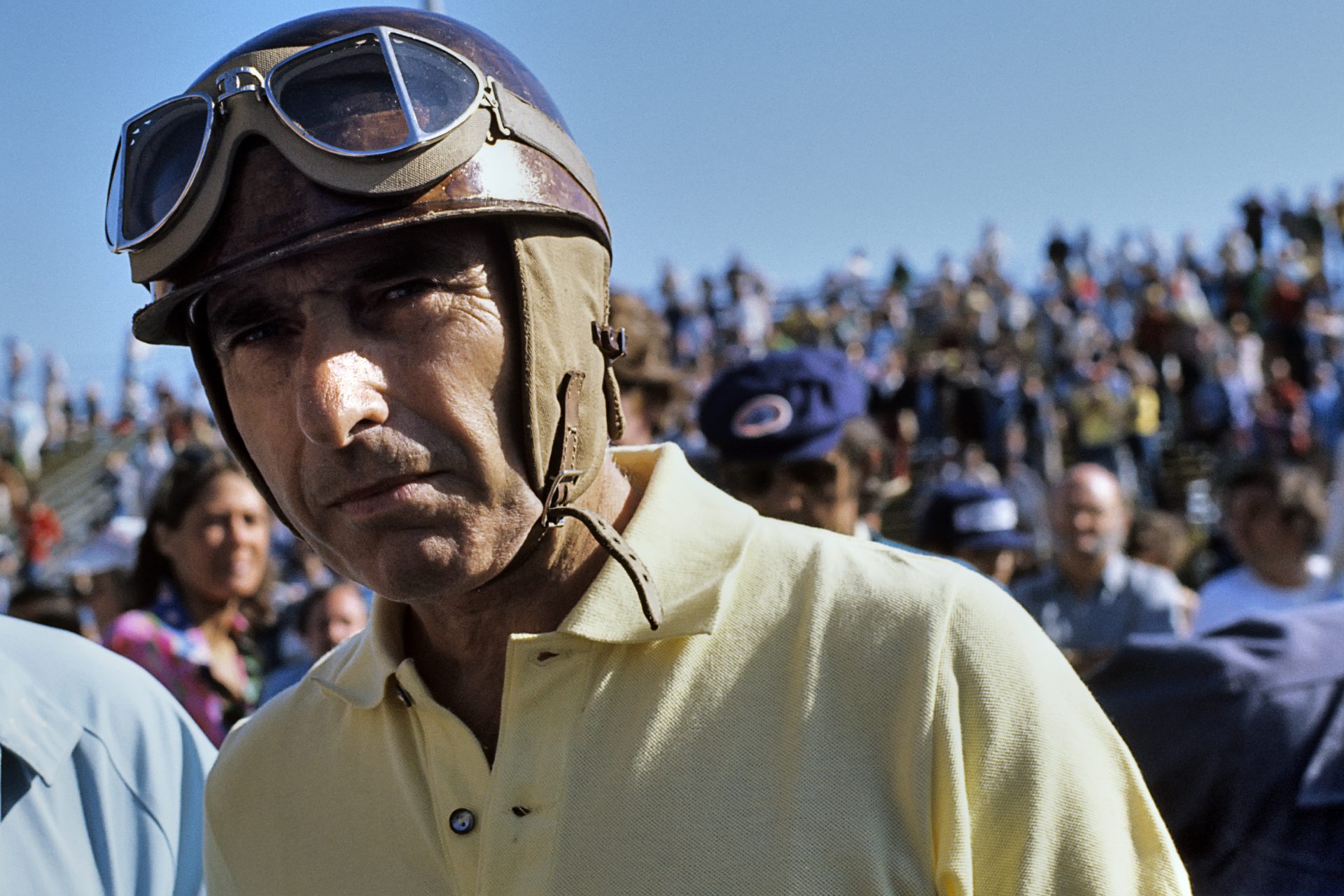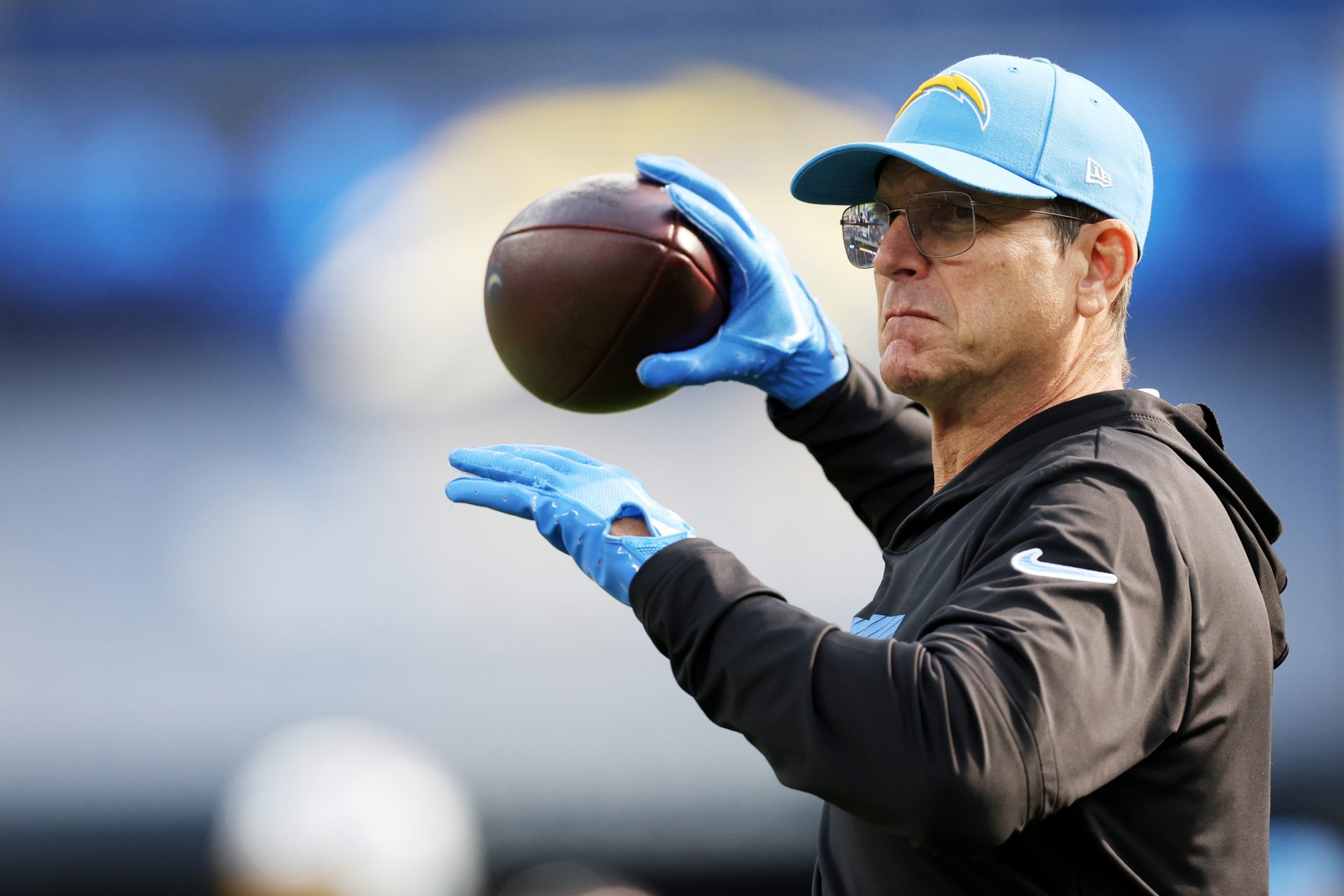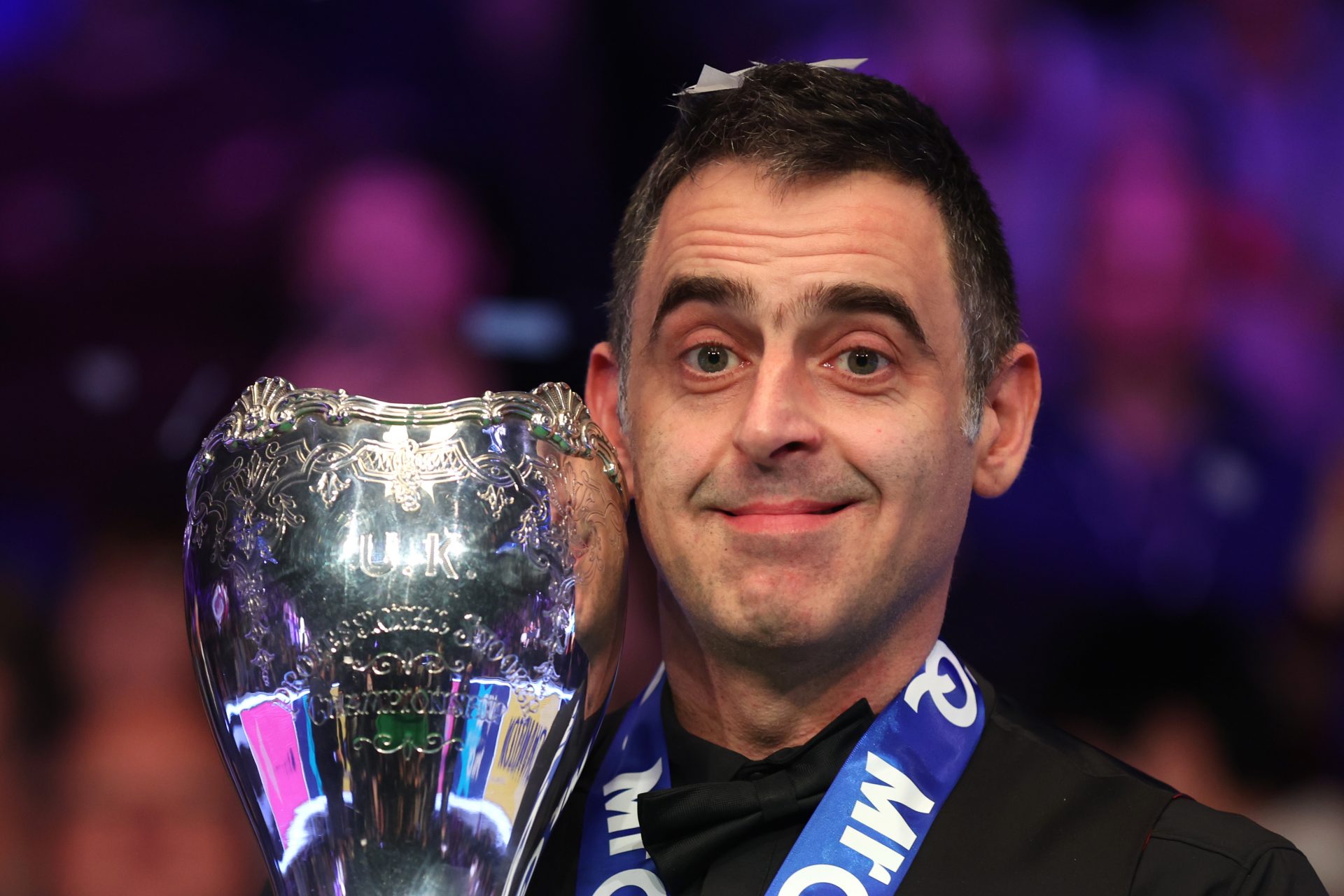Ranking Formula 1's greatest drivers of the 20th century
The 20th century arguably saw the best years of Formula 1 so far, with many iconic drivers changing the shape of the sport forever. Today we look at 25 of the greatest and most important F1 drivers of the last century,
A master of endurance and a six-time Le Mans winner, Ickx was also a fierce competitor in Formula 1, finishing as championship runner-up twice.
The first British F1 World Champion (1958), Hawthorn was a pioneer for the UK in motorsport, although his career was tragically brief.
Want to see more like this? Follow us here for daily sports news, profiles and analysis!
A key player in Ferrari's resurgence in the 1970s, Regazzoni secured several wins and Ferrari's constructors' success in 1974, as told by Goodwood Road and Racing.
The 1967 World Champion, Hulme's no-nonsense approach and consistency made him a strong competitor in the sport's early years.
The "SuperSwede" dazzled fans with his car control and raw speed. Despite never winning a title, Peterson's talent was undeniable.
The first American to win the F1 World Championship (1961), Hill combined technical knowledge with smooth, controlled driving.
Villeneuve's daring, aggressive style earned him cult status. Despite no title wins, he produced some of F1's most iconic moments, as The Race noted in 2022.
With two world titles (1972 and 1974), Fittipaldi put Brazil on the F1 map and became a mentor for future South American drivers.
The flamboyant 1976 World Champion, Hunt's rivalry with Niki Lauda remains one of the most dramatic stories in F1 history.
Want to see more like this? Follow us here for daily sports news, profiles and analysis!
The sport's only posthumous World Champion (1970), Rindt was a trailblazer whose talent promised even greater success, as ESPN reported. He was tragically killed during a practice before the Italian Grand Prix that year.
The 1978 champion is perhaps the most successful American in F1, excelling in multiple forms of motorsport, including titles in the Indy 500 and the Daytona 500.
The "greatest driver never to win a championship," Moss' sportsmanship and skill made him a revered figure of 1950s racing.
With three titles (1981, 1983, 1987), Piquet was a master tactician, blending speed with psychological warfare on and off the track.
The only driver to achieve motorsport's Triple Crown (Monaco GP, Indy 500, Le Mans), Hill was a legend on and off the track.
Häkkinen's back-to-back titles in 1998 and 1999 marked him as one of Schumacher's fiercest rivals during a highly competitive era.
A three-time champion (1959, 1960, 1966), Brabham was the only driver to win a title in a car bearing his own name, showcasing his engineering prowess.
Want to see more like this? Follow us here for daily sports news, profiles and analysis!
Surtees uniquely transitioned from motorcycles to cars, winning the 1964 F1 championship and cementing his place in motorsport history. He remains the only driver to win World Championships on both two- and four-wheels
Lauda's technical brilliance, three titles, and inspirational recovery from near-fatal injuries set him apart as a hero of the sport.
The first driver to win consecutive championships (1952, 1953), Ascari remains one of Ferrari's most iconic and consistent champions.
A two-time champion (1963, 1965), Clark's calm precision made him one of the most respected drivers of the 1960s.
While much of Schumacher's dominance came in the 21st century, his first two championships with Benetton (1994, 1995) redefined modern F1 driving standards. If we were talking the 21st century, he would be in a different position.
With three titles (1969, 1971, 1973), Stewart was a force to be reckoned with in the F1 world. He would use his considerable sway to push for improved safety standards that saved countless lives, leaving behind a legacy in the sport that went well beyond a leaderboard tally, as BBC Sport notes.
The "Professor" won four world titles (1985, 1986, 1989, 1993) with a clinical and strategic approach to racing.
A three-time champion (1988, 1990, 1991), Senna's wet-weather mastery and electrifying style made him an enduring icon.
The ultimate driver of the 20th century, Fangio's mastery over different cars and teams ensured his legendary status with five titles in 1951, 1954, 1955, 1956, and 1957
Want to see more like this? Follow us here for daily sports news, profiles and analysis!
More for you
Top Stories



